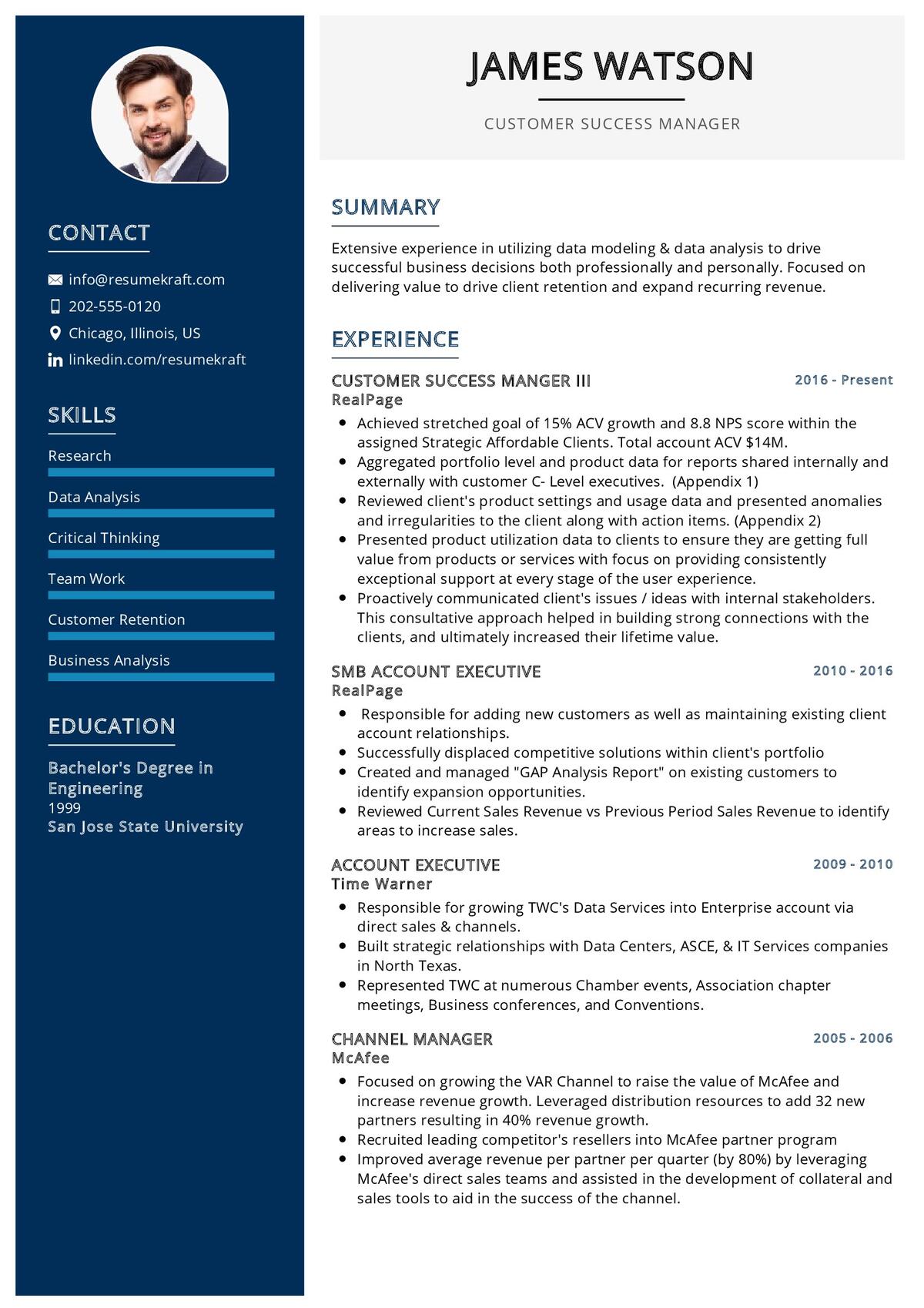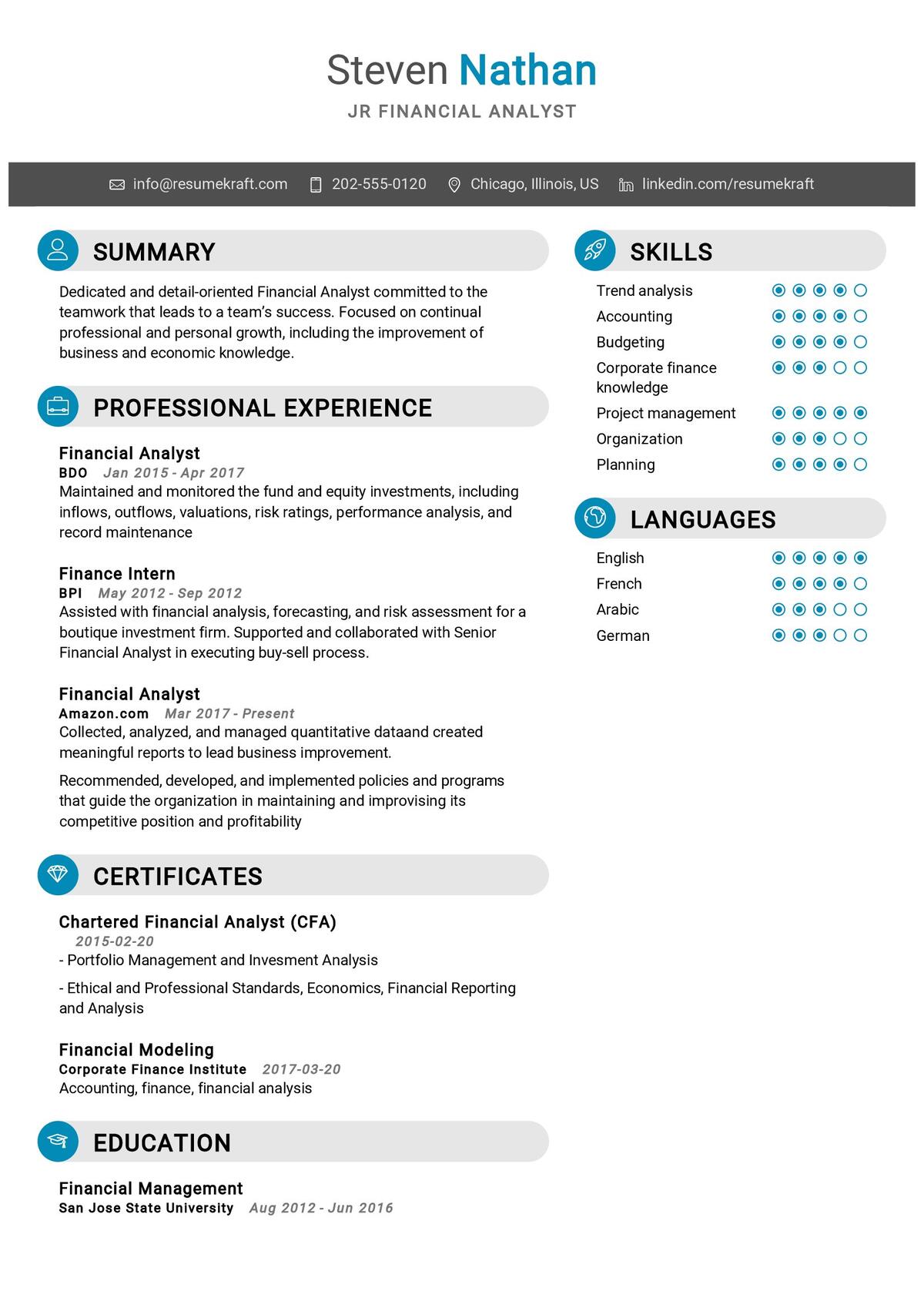
Hiring the right person for a daycare role can be challenging, whether you’re a daycare owner or a parent seeking a trustworthy individual. Similarly, for those applying to work at a daycare, it’s essential to be prepared for the interview process. With the increasing demand for quality childcare, knowing the types of questions interviewers might ask can make all the difference. In this article, we provide you with the top 38 daycare interview questions, complete with answers and explanations, to help both daycare managers and candidates ace the interview process. Whether you’re hiring or preparing for an interview, these questions will cover the critical aspects of daycare roles.
Top 38 Daycare Interview Questions
1. Can you tell us about your experience working with children?
When answering this question, highlight your experience in previous daycare centers, babysitting jobs, or any volunteer work with children. Share specific details about the age groups you’ve worked with and the types of activities you’ve been involved in.
Explanation
Experience is vital in childcare, as it demonstrates the candidate’s ability to handle different situations and cater to children’s varying needs. An experienced candidate will be more confident in providing a safe, stimulating environment for kids.
2. Why do you want to work in daycare?
In your response, express your passion for working with children. Mention any personal or professional reasons why you feel drawn to this field, whether it’s because of past experiences or the opportunity to contribute to children’s early development.
Explanation
This question aims to assess a candidate’s motivation and passion for working with kids. A genuine desire to work in a daycare setting is essential to being a successful daycare provider.
3. How do you handle challenging behavior in children?
In your answer, provide examples of methods you use to manage challenging behaviors, such as positive reinforcement, time-outs, or redirecting the child’s attention. Be sure to stress that patience and understanding are key.
Explanation
Handling challenging behavior in children is crucial in daycare settings. Interviewers want to ensure that the candidate has effective strategies for maintaining a positive, controlled environment.
4. How do you communicate with parents about their child’s progress?
Explain that you maintain regular communication with parents through written notes, emails, or parent-teacher meetings. Be specific about how you share both positive feedback and areas of improvement.
Explanation
Effective communication between daycare staff and parents is critical for building trust and ensuring the child’s development is on track. Parents appreciate caregivers who keep them informed.
5. What would you do if a child was hurt in your care?
In this case, the correct answer should include administering basic first aid, comforting the child, and promptly informing the parents. Mention any first aid or CPR certifications you possess.
Explanation
Daycare providers must be able to respond quickly and appropriately to emergencies. This question ensures the candidate understands safety procedures and prioritizes children’s well-being.
6. How do you handle conflicts between children?
Describe your approach to conflict resolution, such as encouraging children to express their feelings, teaching empathy, and guiding them toward resolving the problem calmly.
Explanation
Daycare settings often involve group dynamics, where conflicts are inevitable. It’s important to have strategies in place to teach children how to manage disputes in a positive way.
Build your resume in just 5 minutes with AI.

7. Can you provide an example of a time when you had to handle a difficult situation with a parent?
Give a specific example of a conflict or misunderstanding with a parent and how you resolved it. Focus on your ability to stay professional, calm, and communicative.
Explanation
Handling parent concerns requires diplomacy and good communication skills. Candidates must demonstrate they can maintain positive relationships with parents while addressing their concerns.
8. What is your philosophy on early childhood education?
Share your views on the importance of early childhood education and how you incorporate educational activities into your daily routine. Mention any specific teaching philosophies you follow, such as Montessori or Reggio Emilia.
Explanation
This question helps the interviewer understand the candidate’s approach to childcare and education. A strong educational philosophy ensures children receive the best care and development opportunities.
9. How do you ensure the safety of children in your care?
Explain your strategies for keeping children safe, including regular headcounts, adhering to safety protocols, and maintaining a child-proof environment. Highlight any additional training in child safety you have received.
Explanation
Child safety is the top priority in any daycare setting. Interviewers need to know that the candidate is vigilant and proactive about creating a secure environment for children.
10. How do you plan daily activities for children?
Discuss how you plan engaging, age-appropriate activities that foster learning and development. Mention a balance between structured activities and free play to keep children stimulated.
Explanation
Well-planned activities help children develop essential skills. This question assesses the candidate’s creativity and ability to create enriching experiences for children.
11. How do you handle separation anxiety in children?
Provide examples of how you comfort children who struggle with being away from their parents. Mention techniques such as offering distractions, creating a calm environment, or allowing a gradual separation process.
Explanation
Separation anxiety is common in daycare, especially for young children. A candidate’s ability to handle it compassionately ensures that the child feels secure and comfortable.
12. How do you keep children engaged throughout the day?
Talk about the variety of activities you use to maintain children’s interest, from art and crafts to interactive storytelling. Mention how you tailor activities to different age groups and energy levels.
Explanation
Children can become easily bored, so a caregiver must keep them engaged through a variety of stimulating activities. The ability to adapt and innovate is key in a daycare setting.
13. Can you describe a typical day in your daycare classroom?
Outline a daily schedule that includes both structured activities and free play. Mention how you incorporate learning opportunities into every part of the day, including mealtime and outdoor activities.
Explanation
An organized schedule provides a routine that children can rely on. Interviewers want to see how a candidate structures their day to ensure a balance of learning, play, and rest.
14. How do you manage children with different learning styles?
Explain how you adapt your teaching methods to meet the needs of children with various learning styles, whether they are visual, auditory, or kinesthetic learners. Mention any strategies you use to identify each child’s preferred learning method.
Explanation
Every child learns differently, and it’s important for daycare providers to recognize these differences and tailor activities accordingly. This ensures every child gets the attention they need to thrive.
15. What would you do if a parent disagrees with your approach to handling their child’s behavior?
Emphasize your willingness to listen to the parent’s concerns and work collaboratively to find a solution that benefits the child. Focus on communication, compromise, and respect for parental input.
Explanation
Conflict resolution between daycare staff and parents is crucial for a positive childcare environment. Showing flexibility and openness to collaboration demonstrates professionalism.
16. How do you stay updated on childcare trends and best practices?
Mention that you stay informed through professional development, workshops, online courses, or reading childcare publications. Highlight your commitment to continuous learning in the field.
Explanation
Childcare practices are always evolving, and it’s important for daycare providers to stay up-to-date on new trends, safety standards, and educational techniques to provide the best care.
17. How do you handle a child who refuses to participate in group activities?
Explain that you would encourage the child to join by offering reassurance, but you would also respect their individual needs. You could gently suggest alternative activities or give them some time alone before trying again.
Explanation
Not all children will be eager to participate in group activities. Understanding the child’s temperament and offering a balance of participation and autonomy can help maintain a comfortable atmosphere.
18. What is your approach to teaching children social skills?
Discuss activities that promote cooperation, sharing, and empathy among children. Mention how you model appropriate behavior and encourage children to practice positive interactions with their peers.
Explanation
Developing social skills is a key aspect of early childhood education. Daycare providers play a crucial role in guiding children as they learn how to interact with others respectfully and kindly.
19. How do you maintain order in a classroom with multiple children?
Talk about your strategies for keeping a calm and orderly environment, such as setting clear rules, using visual cues, and offering consistent positive reinforcement for good behavior.
Explanation
Managing a group of children requires clear boundaries and organizational skills. An effective daycare provider knows how to maintain order without stifling children’s natural creativity and playfulness.
20. How do you approach potty training with children?
Explain that you collaborate with parents to ensure consistency between home and daycare. Mention your patience and encouragement, as well as any methods you use to support children in their potty-training journey.
Explanation
Potty training can be a delicate process, and it’s important for daycare providers to support children and parents by reinforcing a consistent routine and offering gentle guidance.
Planning to Write a Resume?
Check our job winning resume samples


21. What would you do if a child has a severe allergic reaction?
Describe your process for handling an allergic reaction, such as administering an EpiPen (if trained), calling emergency services, and notifying the parents immediately. Emphasize the importance of following the daycare’s emergency protocols.
Explanation
Knowing how to respond to allergic reactions is critical in daycare settings, as children’s health and safety are paramount. Quick action and awareness of medical protocols can save lives.
22. How do you handle a child with special needs?
Explain how
you create an inclusive environment by adapting activities and providing personalized support. Mention any experience or training you have in working with children with special needs.
Explanation
Inclusion is key in daycare settings, and providers must be equipped to support children with a variety of needs. This ensures every child has the opportunity to learn and play in a supportive environment.
23. How do you deal with children who have different cultural backgrounds?
Talk about your commitment to creating a culturally inclusive environment by incorporating diverse activities, celebrating various holidays, and respecting cultural differences in behavior and communication.
Explanation
Daycare providers must be sensitive to cultural diversity, as this fosters an environment of respect and acceptance. Being aware of and accommodating cultural differences ensures children feel valued.
24. How do you ensure children’s developmental milestones are being met?
Explain how you track children’s development through observation, assessments, and regular communication with parents. Mention specific tools or frameworks you use to monitor developmental progress.
Explanation
Meeting developmental milestones is essential for children’s growth. Daycare providers must actively track progress and work with parents to ensure children are reaching these important benchmarks.
25. How do you handle a child who won’t eat their lunch?
Discuss how you encourage children to eat by offering healthy choices, creating a relaxed environment, and avoiding force-feeding. Mention that you would communicate with the parents if a child consistently refuses food.
Explanation
Mealtime can be a challenge in daycare settings. Offering variety and patience, and working with parents, ensures that children’s dietary needs are met without creating a stressful environment.
26. How do you handle nap time with children who refuse to sleep?
Explain that you create a calm, quiet environment for naptime and offer comfort to children who struggle to rest. If a child refuses to sleep, you would allow them to engage in quiet activities to avoid disturbing others.
Explanation
Naptime is essential for children’s well-being, but some children resist. A flexible approach that encourages rest while respecting the child’s needs helps maintain a peaceful environment.
27. How do you ensure proper hygiene and cleanliness in the daycare?
Discuss your regular cleaning routines, handwashing protocols, and the importance of teaching children about personal hygiene. Highlight any health and safety certifications you have received.
Explanation
Maintaining hygiene in a daycare is crucial for preventing illness. Clean environments and good hygiene habits ensure children stay healthy and safe while in care.
28. How do you incorporate outdoor play into your daily routine?
Describe the types of outdoor activities you plan for children and how you ensure safety during outdoor play. Mention how outdoor activities help children develop physical skills and explore the natural world.
Explanation
Outdoor play is important for children’s physical and cognitive development. Daycare providers must plan safe, engaging outdoor activities that encourage exploration and exercise.
29. How do you keep track of each child’s personal needs?
Explain how you organize children’s schedules, dietary restrictions, and individual care plans. Mention how you keep parents updated on their child’s daily activities and any special needs.
Explanation
Personalized care ensures that each child’s individual needs are met. Keeping track of this information is essential for maintaining a nurturing environment for all children.
30. How do you handle large groups of children during field trips?
Discuss the safety measures you take, such as extra staff supervision, emergency contact lists, and regular headcounts. Mention the importance of planning engaging activities that are suitable for all ages.
Explanation
Field trips require additional safety precautions to ensure children’s well-being. Organizing group outings with care and attention ensures children have fun while staying safe.
31. How do you deal with a child who frequently disrupts the classroom?
Describe your approach to managing disruptive behavior, such as setting clear boundaries, providing positive reinforcement, and working with the child individually to address the root of the issue.
Explanation
Disruptive behavior can affect the entire classroom dynamic. Daycare providers must have effective strategies for minimizing disruptions while supporting the child in learning appropriate behavior.
32. How do you encourage language development in young children?
Talk about the activities you use to promote language development, such as reading aloud, singing songs, and engaging in conversations with children. Mention how you tailor language activities to different age groups.
Explanation
Language development is a key aspect of early childhood education. Daycare providers must foster an environment where children feel encouraged to express themselves and explore language.

Build your resume in 5 minutes
Our resume builder is easy to use and will help you create a resume that is ATS-friendly and will stand out from the crowd.
33. How do you involve parents in their child’s daycare experience?
Explain how you create opportunities for parent involvement, such as hosting parent-teacher meetings, sending daily updates, or inviting parents to participate in special activities or events.
Explanation
Parent involvement is essential for a child’s success in daycare. Daycare providers must maintain open communication and offer ways for parents to stay connected to their child’s learning experience.
34. How do you promote emotional development in children?
Describe activities that help children express their emotions, such as storytelling, role-playing, or discussing feelings during circle time. Mention how you model empathy and encourage emotional literacy.
Explanation
Emotional development is vital for young children. By encouraging children to express their feelings and helping them understand emotions, daycare providers support their overall well-being.
35. How do you support children’s creative development?
Talk about how you incorporate arts and crafts, imaginative play, and music into daily activities. Mention how you encourage children to explore their creativity in a free, non-judgmental environment.
Explanation
Creative development allows children to explore their interests and imagination. Daycare providers play a key role in offering opportunities for creative expression and skill-building.
36. How do you manage children’s screen time?
Explain that you limit screen time to educational activities and ensure that children spend most of their day engaging in hands-on, interactive play. Mention any policies you follow regarding screen time limits.
Explanation
While technology can be useful for learning, excessive screen time can be detrimental to young children’s development. Daycare providers must balance technology with real-world activities.
37. How do you prepare children for kindergarten?
Describe the activities you use to build foundational skills in literacy, math, and socialization. Mention how you create a structured environment that introduces children to the concept of school readiness.
Explanation
Daycare plays a crucial role in preparing children for kindergarten. By focusing on school readiness, daycare providers ensure children are confident and equipped for the next step in their education.
38. How do you handle the transition between daycare and home at the end of the day?
Explain how you ensure a smooth transition by offering a calming activity before pickup and communicating with parents about their child’s day. Mention any strategies you use to help children wind down after a busy day.
Explanation
Transitions can be challenging for children, especially after a full day of activities. A smooth transition ensures that children leave daycare feeling calm and ready to go home.
Conclusion
Whether you’re preparing for a daycare job interview or looking to hire a daycare provider, the interview process plays a crucial role in finding the right fit. The top 38 daycare interview questions listed here cover essential topics such as child safety, communication with parents, and early childhood education philosophies. By preparing for these questions, candidates can showcase their skills and passion, while employers can ensure they’re selecting the best candidates to care for children. With the right preparation, both parties can feel confident and ready to contribute to a nurturing daycare environment.
Recommended Reading:

